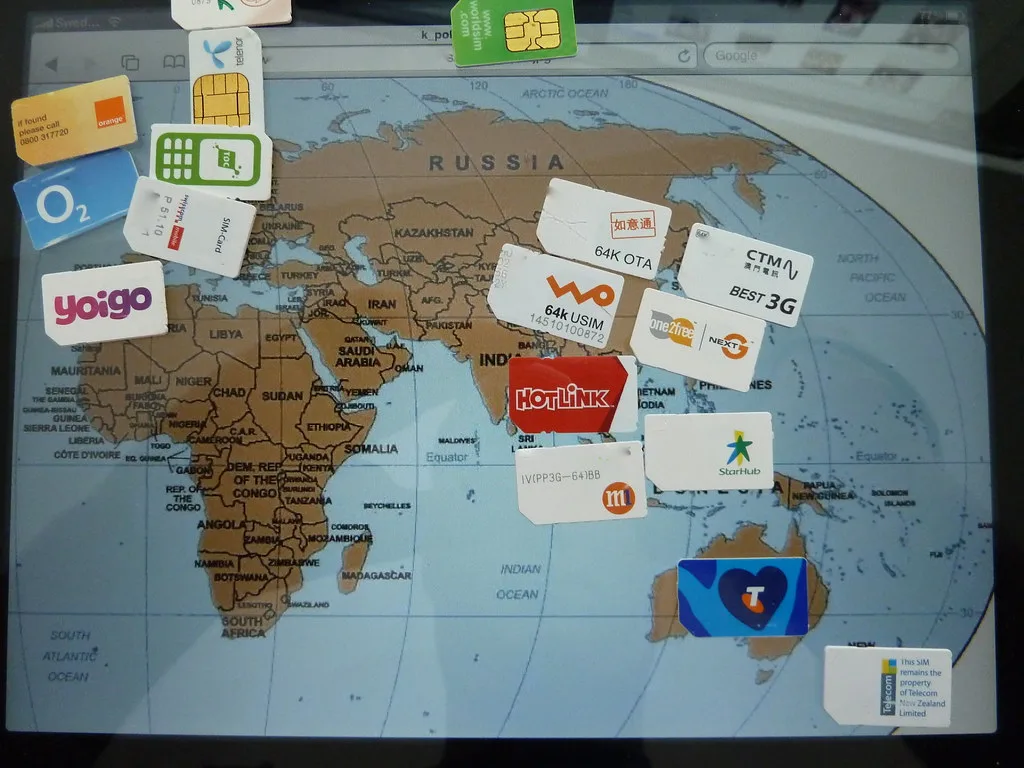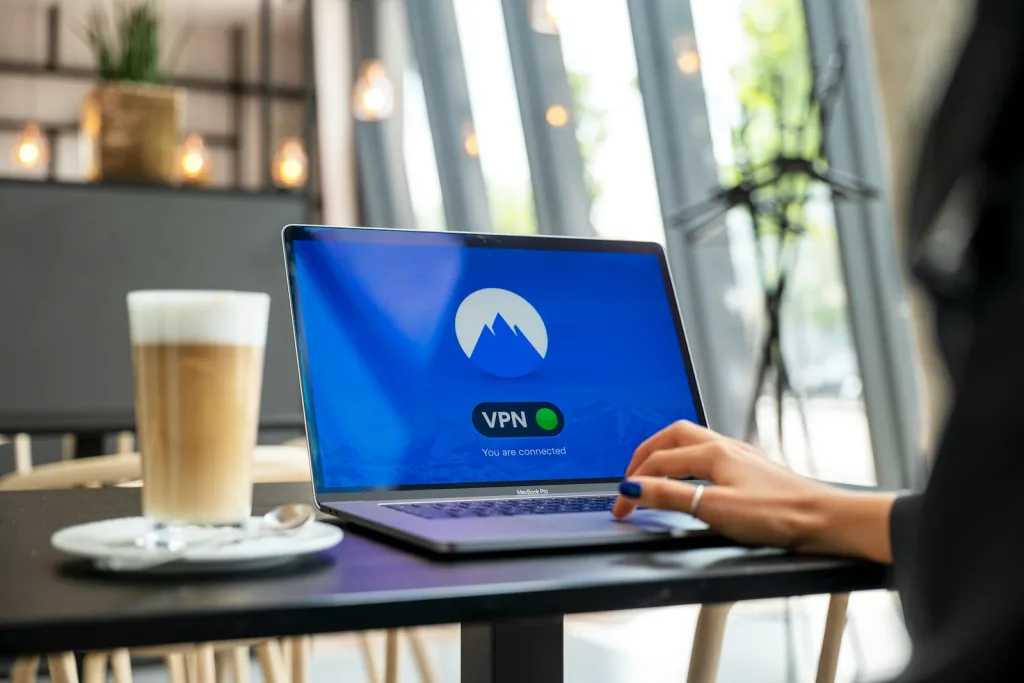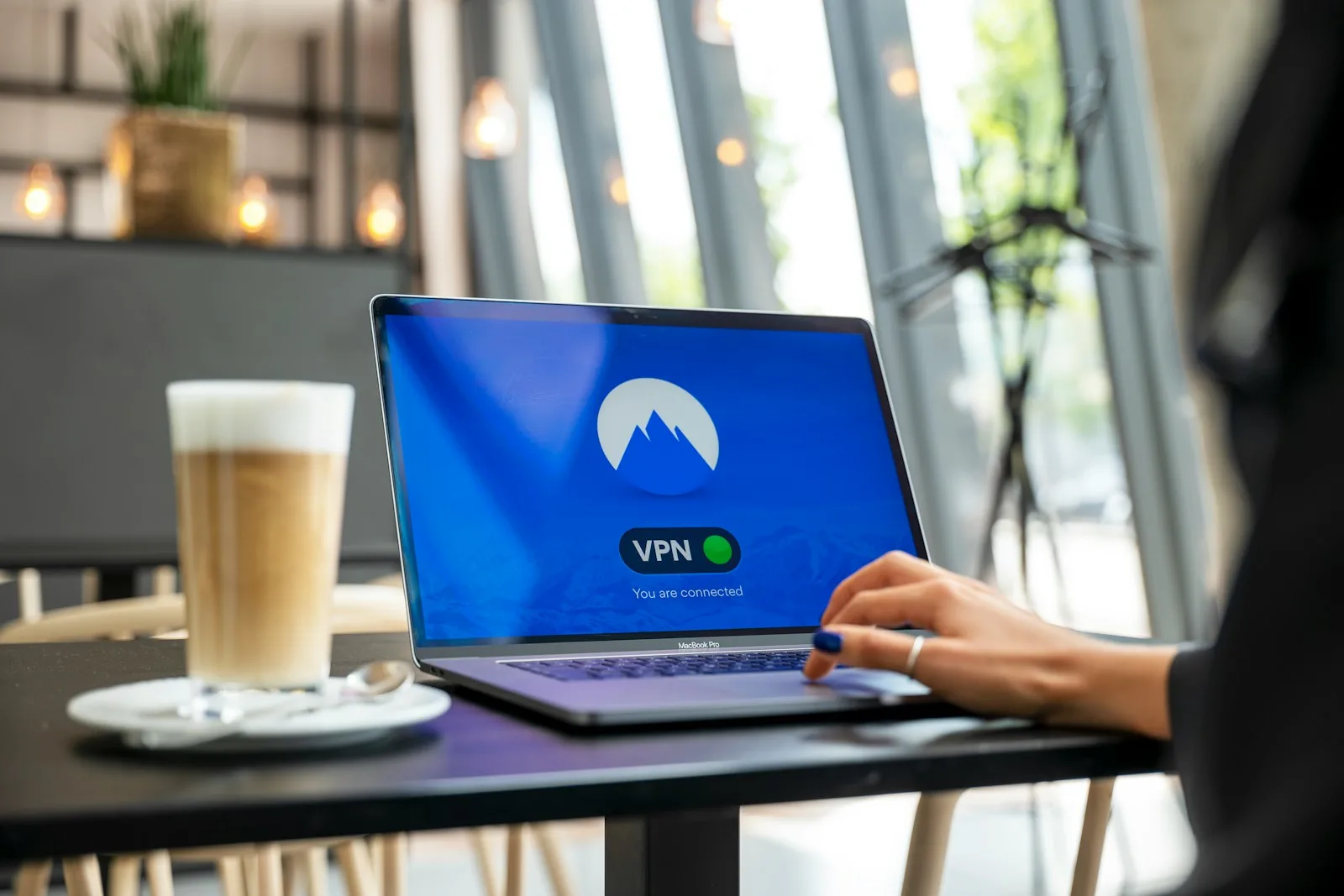Traveling abroad doesn’t mean you have to lose touch with your world back home. Today, staying connected is easier than ever, thanks to modern technology and a little planning ahead. Whether you need to check in with work, share your adventures on social media, or simply keep in touch with family, this guide will cover the best strategies for staying connected no matter where you are in the world.
1. International SIM Cards

One of the most straightforward ways to ensure you have mobile service while traveling is by using an international SIM card. These SIM cards can be purchased online or at airports and provide you with a local phone number and data plan. This can be a cost-effective solution, as it allows you to avoid roaming charges and often includes competitive local rates for calls, texts, and data.
2. Global Wi-Fi Hotspots

Investing in a global Wi-Fi hotspot device can provide you with internet access on the go. These devices work in multiple countries and connect to the local cellular network to provide you with Wi-Fi. They are ideal for travelers who need to connect multiple devices or those traveling in a group.
3. Data Roaming Plans

Before traveling, check with your current mobile provider about international data roaming plans. Many carriers offer special packages or add-ons that allow you to use your regular data plan abroad for an additional fee. This can be a convenient option, though sometimes more expensive than local alternatives.
4. Local SIM Cards

Upon arrival, one cost-effective strategy is to purchase a local SIM card. This provides you with access to the local network at local rates, which are often significantly cheaper than international roaming charges. Make sure your phone is unlocked before you travel, so you can use any SIM card worldwide.
5. Apps for Communication

Apps like WhatsApp, Skype, and Facebook Messenger allow you to send messages, make voice calls, and even video calls over a Wi-Fi connection. These apps can be extremely useful for staying in touch without incurring SMS or call charges. Ensure all important contacts are connected with you through these platforms before you leave.
6. VPN Services

A VPN (Virtual Private Network) is not only crucial for securing your internet connection on public Wi-Fi networks but also useful for accessing content that may be restricted in certain countries. A reliable VPN can help you access your home country’s services and websites securely and privately.
7. Cloud Storage

Using cloud storage services like Google Drive, Dropbox, or iCloud to save copies of important documents (passport, itinerary, insurance information) means you’ll have access to them anywhere with internet access. This can be invaluable if your physical documents are lost or stolen.
Conclusion
Staying connected while traveling internationally requires some preparation, but with the right tools and knowledge, it can be seamless and affordable. By planning ahead and choosing the best options for your travel style and destination, you can ensure that you remain connected, no matter where your travels take you.
